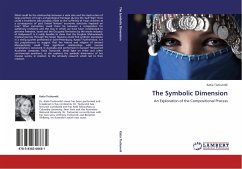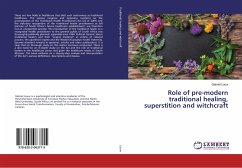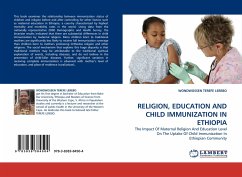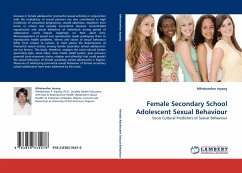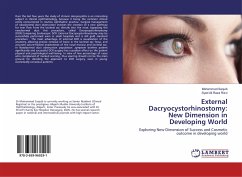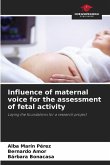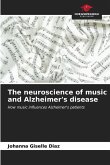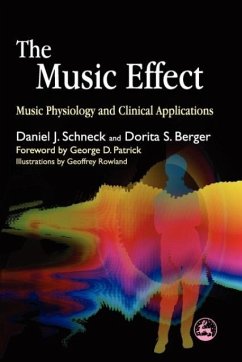What could be the relationship between a viola solo and the destruction of large portions of Iraq's archaeological heritage during the Gulf War? How could a trombone solo possibly relate to the suffering of Iraq's children as a consequence of past United Nations' economic sanctions imposed on Iraq? What connection could there be between a composition for symphony orchestra and the way in which we have been conditioned to perceive Palestine, Israel and the Occupied Territories by the movie industry of Hollywood? Is it really feasible to claim that the Prophet Mohammed's mystical journey through the Seven Heavens could find symbolic expression in a string quartet premiered in Saint-Petersburg, Russia? Furthermore, is it too preposterous to suggest that the history and religion of ancient Mesopotamia could have significant relationships with musical compositions conceived in Australia and performed in Europe? Renowned Australian composer, Katia Tiutiunnik, sheds light on these and other controversial questions, as she explores the symbolic dimensions of her musical works, in relation to the scholarly research which led to their creation.
Bitte wählen Sie Ihr Anliegen aus.
Rechnungen
Retourenschein anfordern
Bestellstatus
Storno

